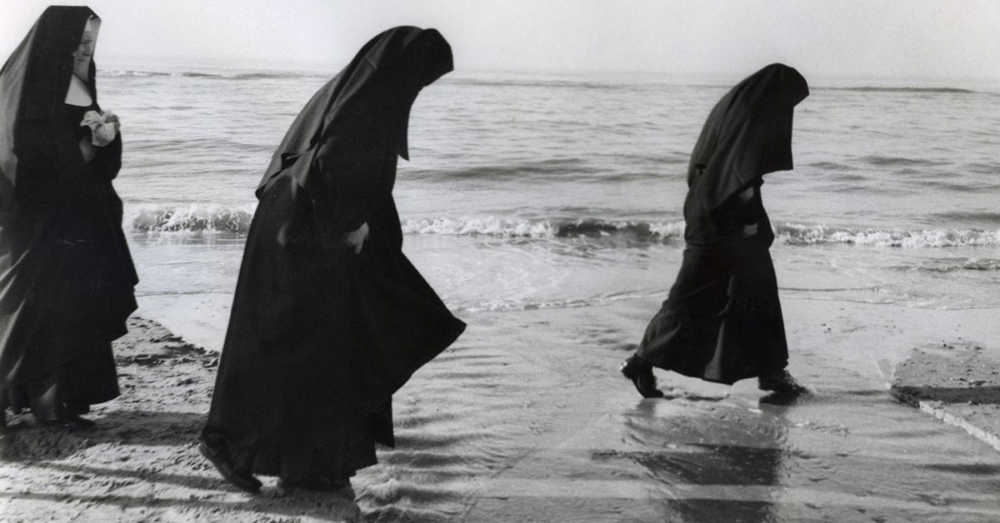We run our website the way we wished the whole internet worked: we provide high quality original content with no ads. We are funded solely by your direct support. Please consider supporting this project.
Podcast: Should We Take Verses Where God is Forgetful, Fatigued, and Doesn’t Know the Past Literally?
Greg considers a challenge to open theisms about taking verses about God changing his mind literally.

Send Questions To:
Dan: @thatdankent
Email: askgregboyd@gmail.com
Twitter: @reKnewOrg
Greg’s new book: Inspired Imperfection
Dan’s new book: Confident Humility
Subscribe:
Category: ReKnew Podcast
Tags: Attributes of God, Character of God, Nature of God
Related Reading

God’s Dream for the World
One of the grandest expressions of non-violent nature of God is found in Isaiah 11. Here God is dreaming of a time when his creation would be entirely free of violence. “The wolf will live with the lamb,” Isaiah says, and “the leopard will lie down with the goat.” So it will be with “the…

God is Not What You Expect
Jesus came, in part, to finally reveal the absolute truth about God. He is the way and the truth (alethia) and the life (Jn 14:6). The word “truth” means “uncovered.” And what we find once God is uncovered is that he’s completely different than what we fallen humans generally expect God to be. As we…

Podcast: Why Didn’t Jesus Fix the World or Show Us How to Run Our Government?
Why didn’t Jesus fix the world, or tell us how to run a government? http://traffic.libsyn.com/askgregboyd/Episode_0366.mp3

The Trinity and the Crucified God
God has always been willing to stoop to accommodate the fallen state of his covenant people in order to remain in a transforming relationship with them and in order to continue to further his sovereign purposes through them. This is revealed in the life and death of Jesus. Out of love for humankind, Jesus emptied…

Podcast: Is it Okay to Pray to God as Mother?
Greg considers God’s gender and the potential power of this identification can have on faith. http://traffic.libsyn.com/askgregboyd/Episode_0239.mp3 Title: Mother Artist: Arthur Lewin-Funke Courtesy of the Metropolitan Museum

Christus Victor Atonement and Girard’s Scapegoat Theory
Many of the major criticisms of Crucifixion of the Warrior God that have been raised since it was published four weeks ago have come from folks who advocate Rene Girard’s understanding of the atonement. A major place where these matters are being discussed is here, and you are free to join. Now, I have to…



